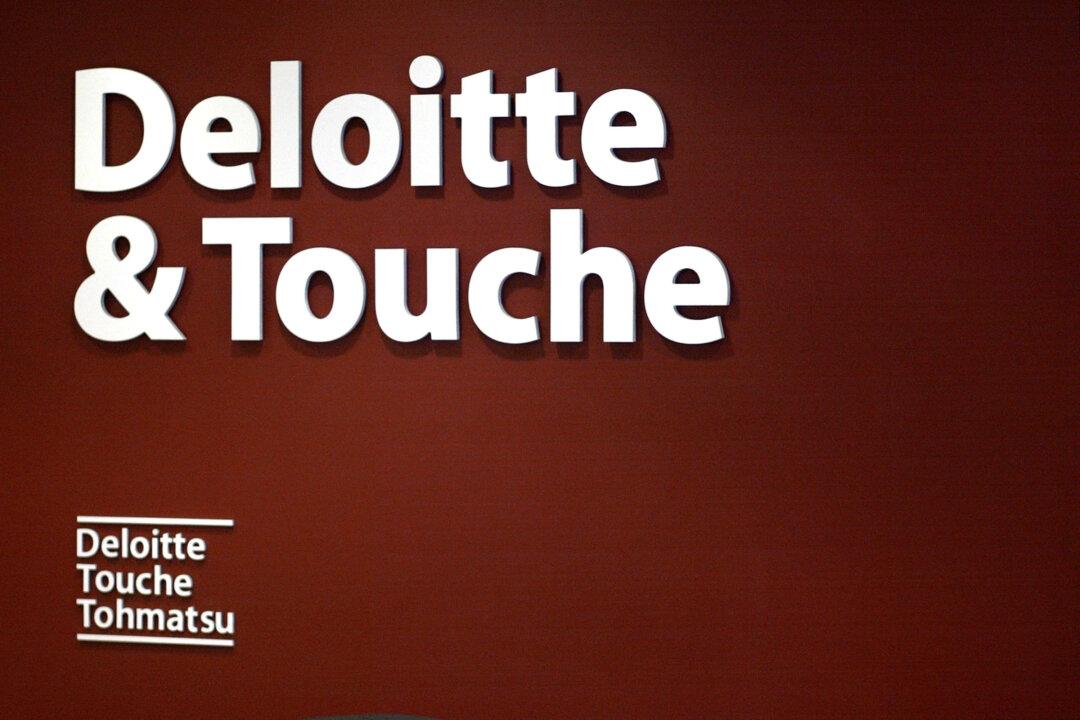News Analysis
Deloitte, the accounting firm that was fined $20 million by the U.S. Securities and Exchange Commission (SEC) for shielding Chinese companies from U.S. oversight, has been hit with a fine of more than $30 million by the Chinese Communist Party (CCP). How did Deloitte find itself in this awkward position between the two big powers? An expert spoke with The Epoch Times to analyze why the Big Four accounting firms are being discarded by CCP authorities after they were punished by the United States.




